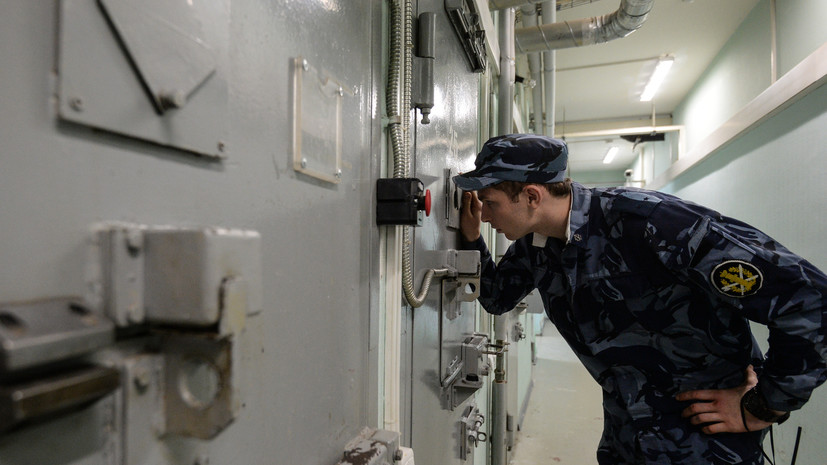“Today Ivanova told the POC members that she was transferred to a normal four-bed cell, her old and torn linen was replaced, and a lawyer was allowed to see her,” said one of the commission members.
Earlier, Ivanova said that after the abolition of house arrest, on August 5 she was sent to SIZO 6 of the Federal Penitentiary Service of Moscow, where during the quarantine she was placed in a punishment cell and denied access to a lawyer.
Human rights defenders also received complaints about food in the detention center.
“One of the inmates claims that the quality of food in this women's detention center is poor, the soup is made from canned fish, the second is the same canned food with rice, milk is no longer provided,” said the human rights activist.
He explained that the PMC is now deprived of the ability to control the quality of food.
“Under the pretext of fighting the coronavirus, members of the Moscow POC are not allowed to bypass the cells and other premises of the capital's isolation wards, and this reduces the level of public control,” the commission said, noting that many of its members were vaccinated against coronavirus.
A criminal case on human trafficking was opened in January 2020, when four babies were found in an apartment in a residential building in the village of VNIISSOK, Odintsovo District, Moscow Region, who were going to be handed over to their Filipino parents.
As follows from the materials of the case, all children were born by surrogate mothers.
One of the kids in the Odintsovo apartment died as a result of sudden infant death syndrome.
The police responded to the nanny's call to the hospital, and the officers who arrived seized all the children and took them to the Baby House in Vidnoye.
Upon the discovery of the babies in Odintsovo, two criminal cases were initially initiated: about causing death by negligence and about human trafficking.
Subsequently, the article was changed to a more serious one: human trafficking, resulting in death.

